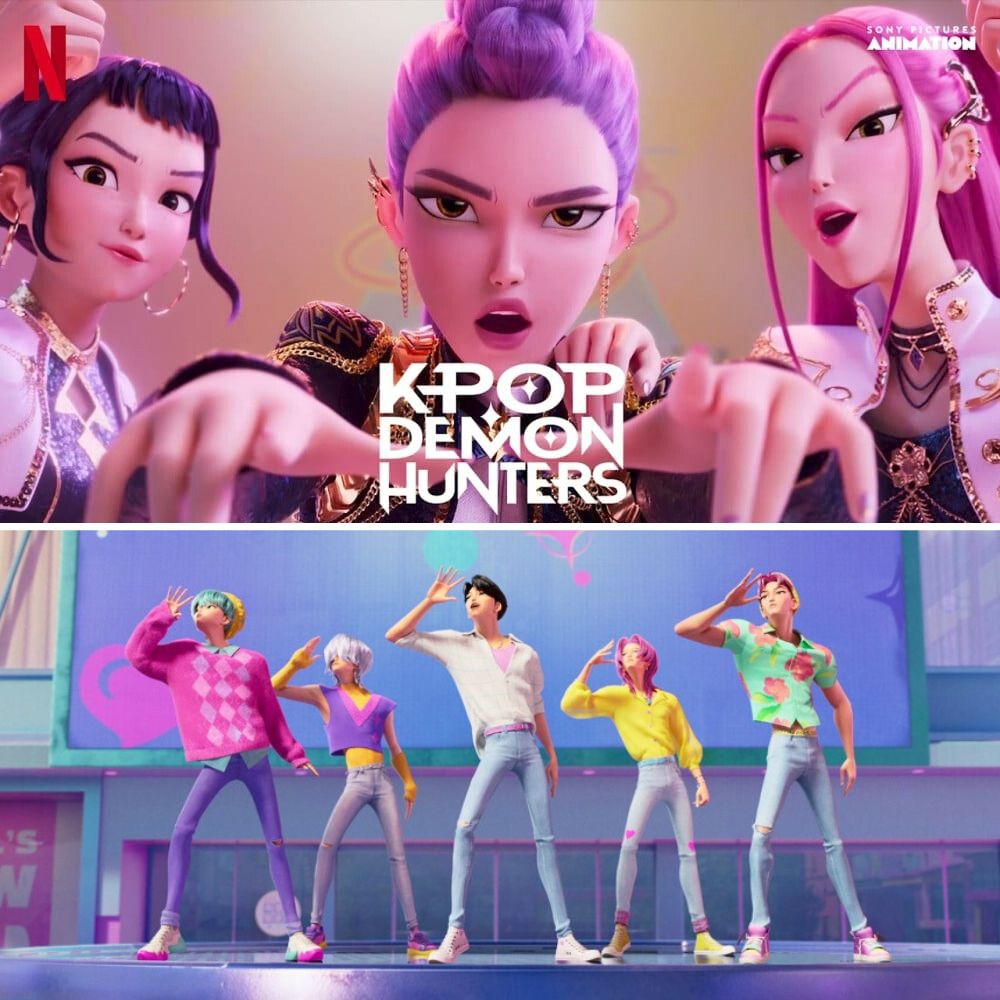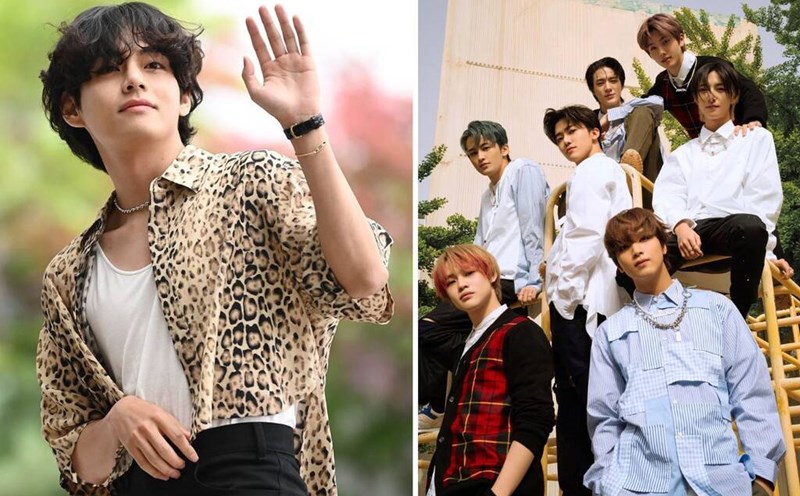Foreign capital invested in Korean content
According to Hankyung, with the global popularity of Korean products such as movies, music, cuisine, beauty... more and more foreign companies are trying to catch up with this wave.
Analysts say the K-wave market, which was once considered a monopoly of Korean companies, has entered a new phase. In particular, Korean companies must compete with foreign companies to gain a dominating position.
Recently, the song "Golden" by the girl group Huntr/x, included in the soundtrack list of the Netflix blockbuster cartoon "Kpop Demon Hunters", took the No. 1 spot on the US Billboard HOT 100 chart, breaking Blackpink's record.
K-pop Devils Minister is produced by Sony Pictures animation, a US-based animation studio, under Sony Pictures Entertainment, a subsidiary of Sony Group Japan.
The film is distributed on the global streaming platform Netflix. The music production was taken over by Republic Records - a record label of Universal Music Group in the US.
Although the film has Korean content (K-content), revolving around the story of Kpop idols, the profits belong entirely to American and Japanese companies. The entertainment industry estimates the intellectual property value (IP) of Kpop Devils hunter at more than 1 trillion won (more than 720 million USD).
An industry insider said: K-pop Devils diverse the prejudice that Korean content must be done by a Korean director, with the participation of a Korean actor, to be considered a genuine K-content.
With just capital, anyone, anywhere in the world can create K-content.

"K-wave" is not only promoted by Korea
This phenomenon is not limited to Kpop. In the field of cuisine and services, the US-based Chinese food chain Panda Express recently launched the chicken menu with Buldak fever of Korean company Samyang Foods.
Walmart - a large supermarket chain in the US - has begun operating Kpop-themed mobile stores.
In the field of beauty, the world's largest cosmetics company L'Oreal has launched Korean-style products (K-beauty), such as skin care products containing hyaluronic acid.
Although it seems that the market is being dominated, it is actually a step forward for the K-wave wave.
From the "K-wave 1.0" era, when TV series like "Winter Love Song" attracted a large number of movie enthusiasts, to the "K-wave 2.0" era, when artists like BTS helped Korean-related products be sold on major overseas distribution networks.
And now is the "K-wave 3.0" era, in which Korean brands are gradually becoming part of the global mainstream trend.
The continued launch of products related to the K-wave wave by global companies shows that its impact on the global market has increased significantly, said Lee Young Ae, a professor at the National University of Incheon.
Korean companies need to enhance competitiveness in content, products and marketing to keep up. While the government should build a comprehensive strategy, including protecting intellectual property rights.
On the other hand, as huge profits are flowing into the pockets of US and Japanese companies rather than Korean companies, industry insiders cannot help but worry.
"If K-pop content doesn't necessarily have to be produced by Korean companies, then even if it spread globally, the domestic industry may not get the real benefits," said a Korean entertainment industry official.











